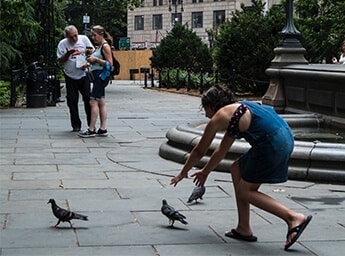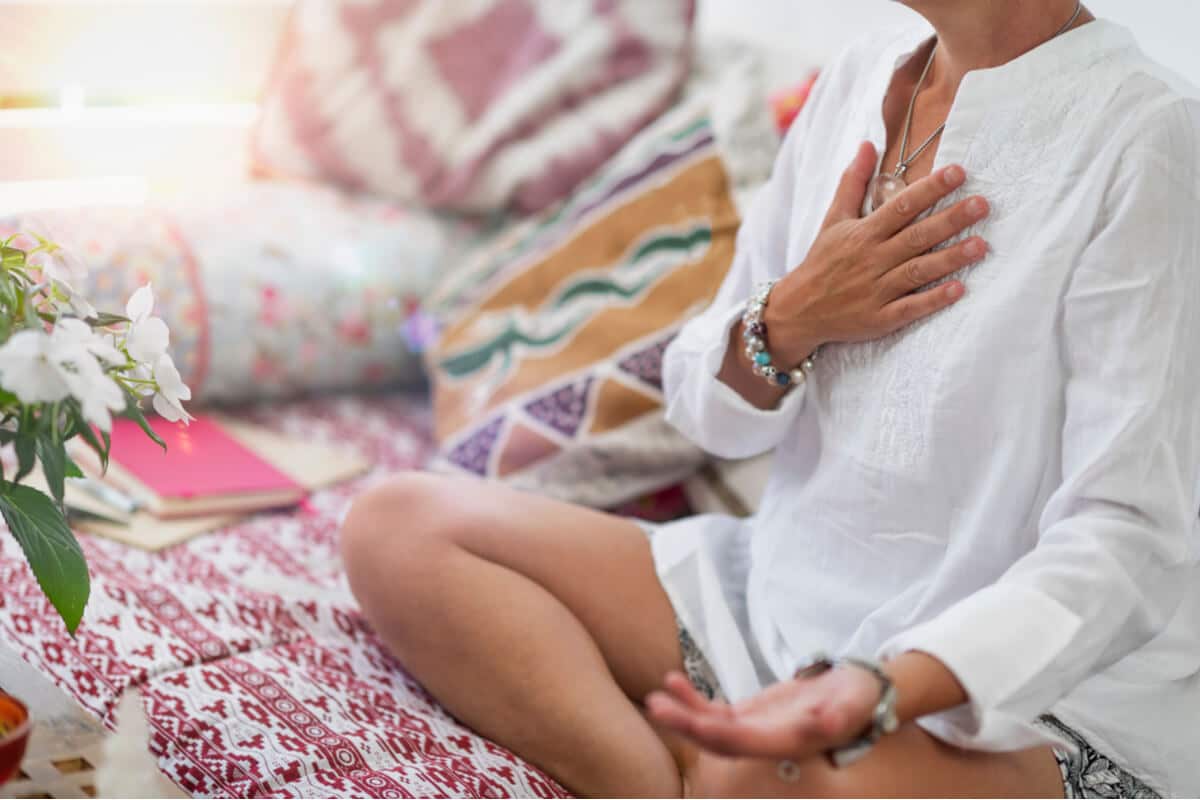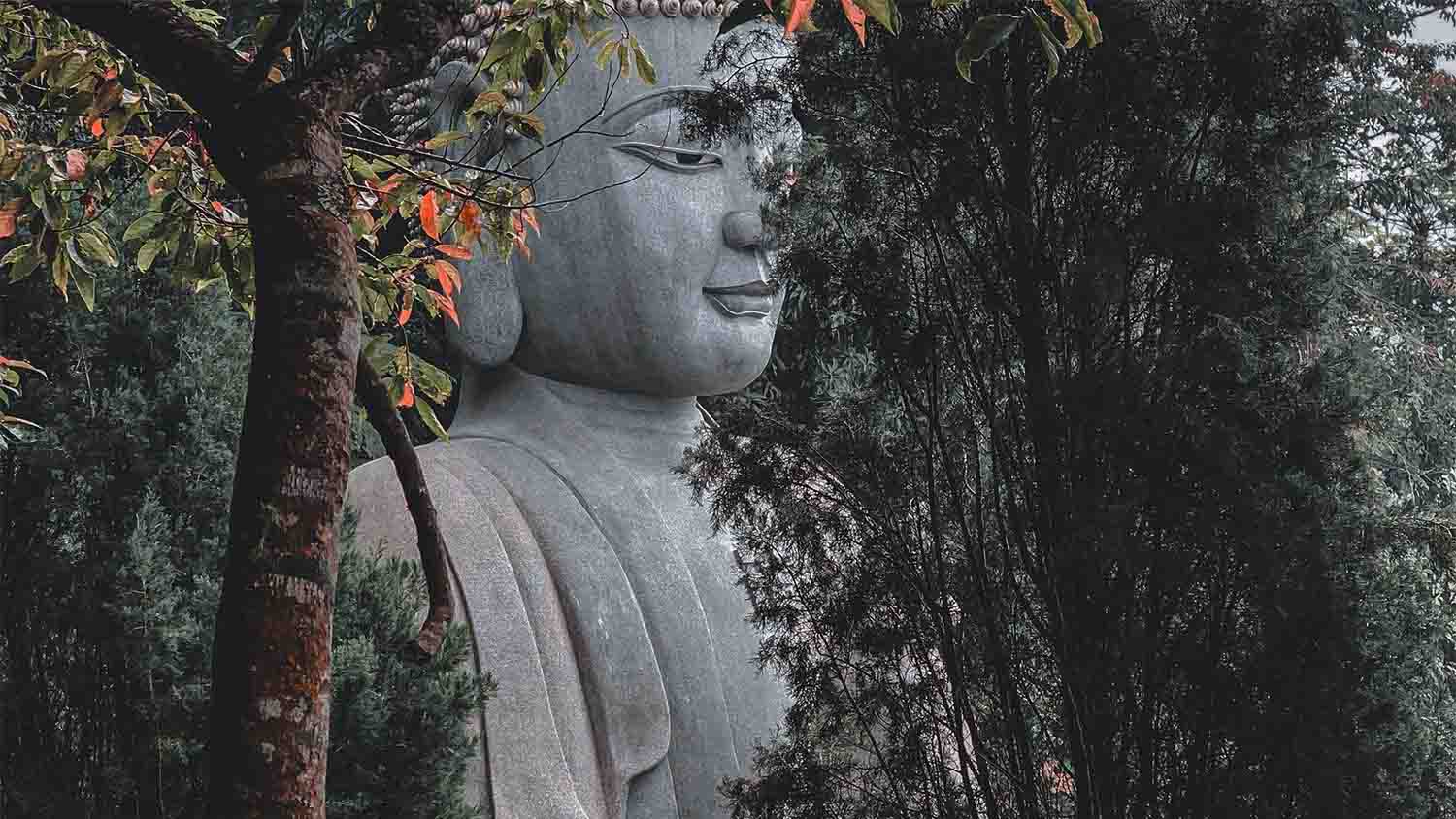Reading Time: Just over 4 minutes
We prepare for the year’s end, or next year’s beginning, with hope and energy in our hearts: reading and writing or preparing the garden for the coming future . . .
The summer heat began to break
In New York now, sometime last week, the summer heat began to break. The slightly withered ash, cottonwoods, and pear trees outside my window appear elegantly languid from the months of hot weather. Students are arriving for school. They are excited for their future —anxious, perhaps, but enjoying their youth, their friends, the skateboarders, the rappers, opera singers, and jazz bands in Washington Square Park. Indeed, we as humans love human life, which, with its continual vitality, compels and encourages us to live, while making us sad for those whose participation is limited by misfortune or disease.
All of the great world’s religions and healing arts help us to live in and understand the people and world around us. We are sensitized to what’s meaningful in our lives by true teachings and teachers and those things whose nature it is to heal.
In the fall, we feel the end of summer, and anticipate the coming of winter. Those of us who run hot, love and welcome the transition, and those who run cold dread it, perhaps enough – after enough cold seasons – to move to a warmer climate.
Hopefully we find our way to the environment and life that suits us.
In my transition this year from summer to autumn, I stepped into a new life of caring for two temples. This has been a large transition whose effect has been to deepen the care I have for those who come to see me for Rolfing or spiritual guidance or who come to learn about Buddhism.
We want to live comfortably, nobly, and well
Through these projects, I have become more aware that we want to live comfortably, nobly, and well. Even one who screams all the time does so for thinking that that screaming brings them peace. The underlying motive for all life and all activity is the impulse for peace.
Of course, this is not always a fully realized impulse, nor does it imply that one’s means for securing peace are adequate. To be sure, there are many times when what I’ve done in the name of peace turned out oppositely. Breaking up with someone, for example, or being broken up with. These situations are done in the name of peace, and yet, somehow, the peace that comes is only partial, imperfect, or incomplete.
As some of you know, I chose to dedicate my life to Buddhism, which, it might be said, is to study a way to realize peace. I don’t dare say that this is the only way to peace. But it’s the best way I’ve found – the most suitable way for me, with the most complete table of contents – regarding peace.
Others have found their way to peace in family, or self-expression, or glory, or social reform, through the healing arts, or other forms of spiritual study and practice.
Seeking Peace
We each seek peace in our way, and there is something about the autumn that seems to encourage one to reflect on this endeavor, to reckon – somehow – with our station and relationship to life. We prepare for the year’s end, or next year’s beginning, with hope and energy in our hearts: reading and writing or preparing the garden for the coming future.
During such times, it’s appropriate to settle into quiet and be with ourselves — or with those friends of ours with whom we feel more ourselves – and reflect: Where are we? Where are we going? Where have we been? What do we hope for? What makes us afraid?
Given this mood, I’m sometimes pulled to a book – or a book leaps out at me – a book not on my reading list, but randomly from a shelf, and I embrace it like a friend.
Nourishing human life
I was surprised this year when I found myself reading the poet W.H. Auden’s assembled prose writing in his book The Dyer’s Hand. His discussion of the poet, the importance of art, and of the artist for nourishing human life comforted me.
All of us exist. But it’s questionable to assert that all of us exist with an equal understanding of the meaning of our existence.
Indeed, what does it mean to understand our existence? And when we answer that question, where has our answer come from? What mental concepts, assumptions or models does it imply? And from where have these models and concepts originated?
Have all people investigated the concepts that give their lives meaning and energy with equal consideration, care, talent, and ability? What, indeed, is our position in life? What, after all, does our life mean? And if we cannot say anything about the meaning or purpose of our own life, how can we say we care for it, much less care for the lives of others?
Do we need to understand, appreciate, or realize the meaning of our being in order “to be”? Curiously, we do not. And yet there are few among humans, I think, who would say that they do not understand what it means to exist.
Auden writes that, “Writers, poets especially, have an odd relation to the public because their medium, language, is not, like the paint of the painter or the notes of the composer, reserved for their use but is the common property of the linguistic group to which they belong. Lots of people are willing to admit that they don’t understand painting or music, but very few indeed who have been to school and learned to read advertisements will admit that they don’t understand English. As Karl Kraus said: ‘The public doesn’t understand German, and in Journalese I can’t tell them so.’ ”
What is the language of autumn?
Language is used to express aspects of human life and being. Some language makes us feel more alive. Some puts us to sleep. Some language heals us. Some language hurts. What I wonder is the language of autumn? How do we listen to it? What is it telling us? What do we hear?
I am told by the gently bending limbs of the trees to thank you all. May September be peaceful for you. May you find what is suitable to your purpose in life. What is most conducive to your life and your way as one who is intimate, alive, and pure as a genuine participant in life.
I look forward to connecting with you again in October, when we will send and post the next letter.
Let’s together, make the world that hears the voice of autumn.






